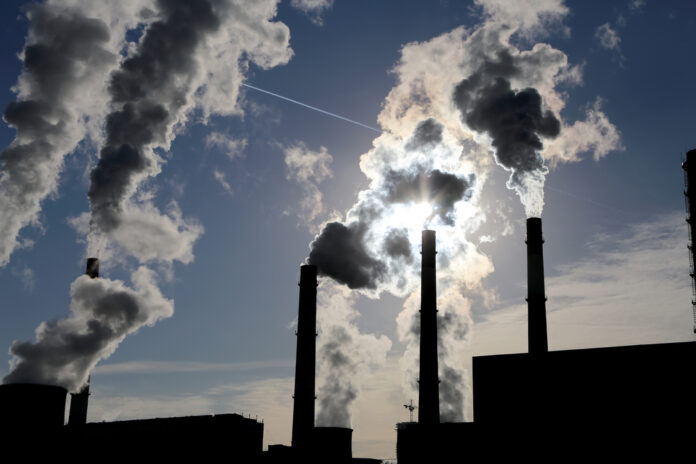RIYADH: On a macro level, the energy sector is seen to be unstable amid power shortages and rising prices; on a micro level, however, green initiatives such as the liquified natural gas plant to be built in Malaysia are still pushing on.
Looking at the Bigger Picture:
France is to allow coal-fed plants to burn extra coal for two months to mitigate an anticipated power shortage, Bloomberg reported. This comes as a vast number of the nation’s nuclear plants are to terminate production due to maintenance procedures just as the weather forecasts signal a sharp decline in temperatures.
The Czech Republic is to reach out to other EU members to pursue alterations in the bloc’s scheme of labelling gas and nuclear projects as “renewable” investments, Reuters reported.
Despite meeting the state air quality standards for the first time in 2021, China’s capital Beijing is still threatened by high pollution rates, putting millions of inhabitants’ well-being at stake, Reuters reported.
Major global supplier of gas, Russia targets profitable exports but is failing to connect native cities such as Chita and Siberia to the domestic gas pipeline network in the process, according to the Financial Times. As a result, such cities opt for coal powered stations and burning furnaces which lead to detrimental air pollution in the country.
Through a Micro Lens:
Malaysian oil and gas firm Petronas is collaborating with resource-rich state Sabah for the unveiling of a master scheme tackling expansion of the country’s natural gas resources, Reuters reported. As part of the plan, a liquified natural gas plant with capacity of over two million tons per annum is to be constructed to allow Sabah to enlarge its liquefied natural gas circulation across the state.
Germany’s energy solutions firm Uniper is borrowing $11.3 billion as it seeks liquidity lift to cover marginal costs and continue trading, according to Bloomberg. This comes amid the surge in energy prices, as a result of Russia diverting gas supplies at a time when demand is picking up.

